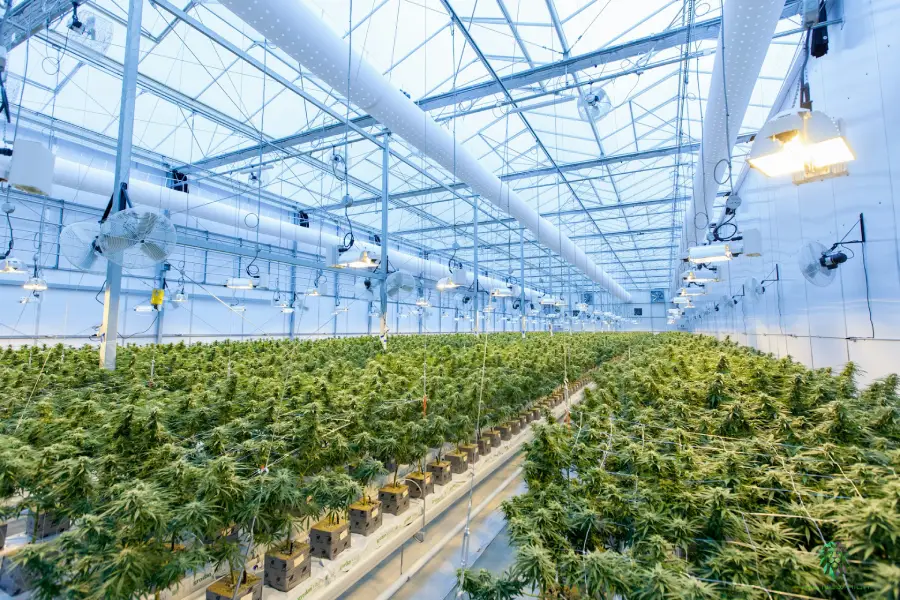Sensores biodegradables para un control sostenible de la agricultura

Investigadores de la Universidad de Auburn han desarrollado un nuevo tipo de sensor de temperatura y humedad diseñado para mejorar la vigilancia agrícola minimizando el impacto ambiental. Publicado en la Revista de Aplicaciones Lásersu estudiar presenta los sensores de papel como alternativa ecológica a los sistemas convencionales de control electrónico basados en plástico.
El control preciso de la temperatura y la humedad es esencial para optimizar las condiciones de los invernaderos y preservar los cultivos cosechados. Aunque existen varios sensores para estos fines, muchos se basan en materiales no biodegradables, lo que plantea problemas de sostenibilidad ambiental. El equipo de investigación de Auburn abordó este problema utilizando papel como sustrato, aprovechando su biodegradabilidad y su estructura porosa.
Los sensores se crearon utilizando una técnica de nanofabricación aditiva en seco para imprimir líneas de plata en cuatro tipos de papel comercial. Su funcionamiento se basa en cambios en las propiedades eléctricas: la capacitancia se desplaza a medida que el papel absorbe humedad, lo que indica los niveles de humedad, mientras que las variaciones de resistencia en el material conductor reflejan los cambios de temperatura. Las pruebas demostraron que los sensores detectaban eficazmente fluctuaciones de humedad entre 20% y 90% y variaciones de temperatura de 25°C a 50°C.
Además de su precisión, los sensores ofrecen ventajas económicas y de reutilización, con opciones seguras de eliminación una vez que dejan de ser funcionales. El estudio pone de relieve el potencial de los sensores biodegradables para contribuir a unas prácticas agrícolas más sostenibles al proporcionar una vigilancia medioambiental precisa sin los inconvenientes de la electrónica tradicional basada en el plástico.


Respuestas